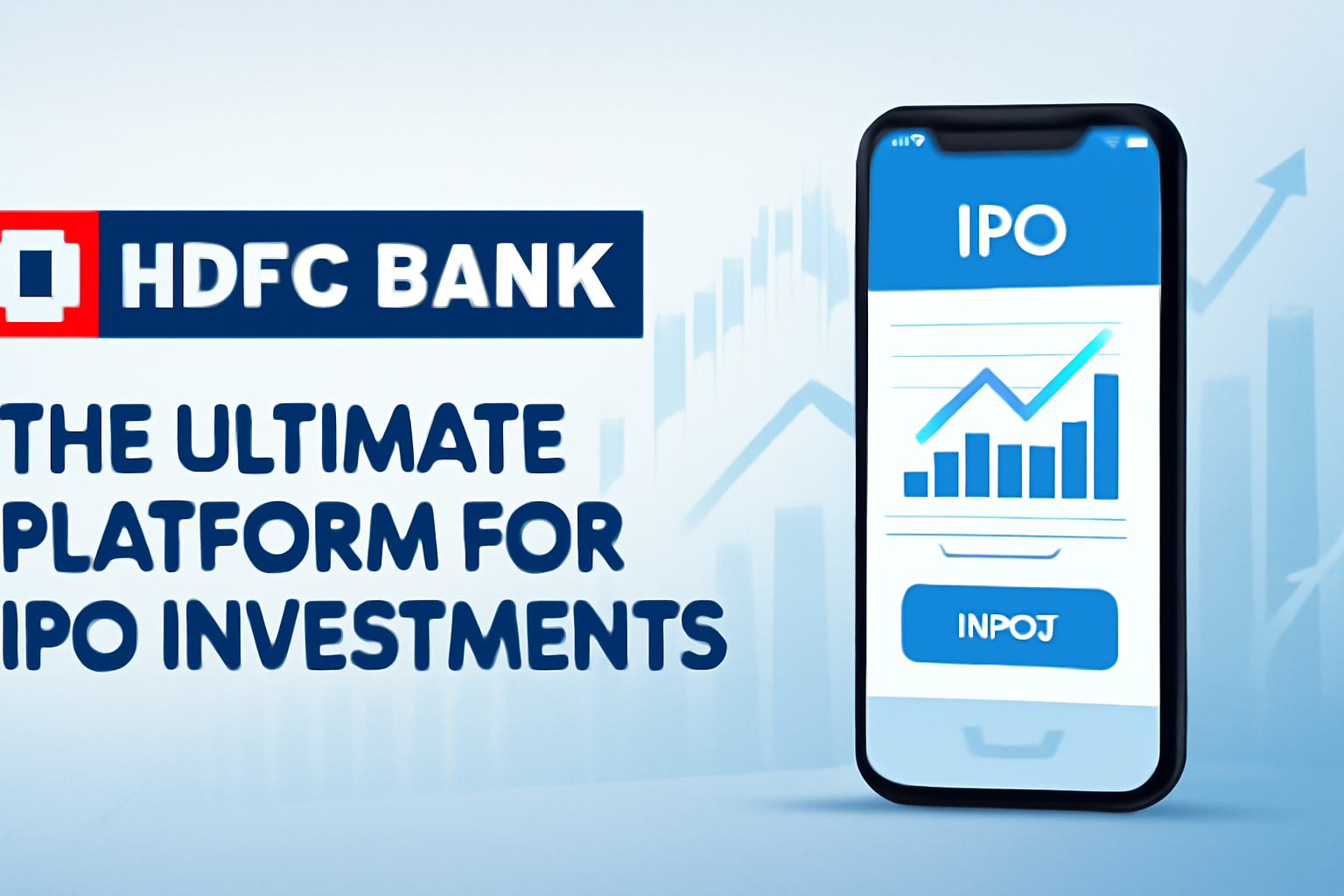Introduction: Why IPOs Matter
An Initial Public Offering (IPO) is a company’s first step into the stock market, offering shares to the public to raise capital. For investors, IPOs present a chance to get in early on potentially high-growth companies. But with opportunity comes confusion especially for first-time investors.
This guide answers 10 of the most commonly asked questions about IPOs in India, helping you invest smarter and with confidence.
1.What is an IPO?
An IPO or an Initial Public Offer is when a private company offers its shares to the public for the first time to raise capital.
2.Why do companies launch IPOs?
Companies will launch IPOs to raise funds, repay debt, expand operations, or gain public visibility.
3. How does an IPO work in India?
Companies file with SEBI (Securities and Exchange Board of India), release a prospectus ( a formal document that provides details about an investment offering to the public), and offer shares via stock exchanges like NSE or BSE.
4.What is the difference between IPO and FPO?
IPO is the first public offering; FPO (Follow-on Public Offer) is a subsequent share issue by an already listed company.
5.What is a Red Herring Prospectus (RHP)?
A detailed document outlining the company’s financials, risks, and IPO details. Which can be found on websites like SEBI official website, NSE website, BSE website or Broker platforms.
6.What is the role of SEBI in IPOs?
The role of the SEBI (Securities and Exchange Board of India) is to regulates and approves IPOs to protect investor interests in the best way possible.
7.What are the types of IPOs?
There are basically two types of IPOs Mainboard IPOs (large companies) and SME IPOs (small and medium enterprises) (Check other articles to understand more about the types of IPOs)
8.What is the IPO issue price?
The IPO price issue is the price at which shares are offered to investors during the IPO.
9.What is the face value of a share in an IPO?
The face value of a share in an IPO is the nominal value of a share, usually ₹1, ₹2, or ₹10.
10. What is the lot size in IPOs?
Lot size in IPOs refers to the minimum number of shares an investor must apply for in a single bid. Applications must be made in multiples of this lot size. There are two types:
- Minimum Lot Size: The smallest number of shares you can apply for.
- Maximum Lot Size: The highest number of shares allowed for retail investors, typically capped at ₹2 lakh.
Conclusion: Invest Wisely, Stay Informed
IPOs can be a gateway to exciting investment opportunities but only if you understand the process, risks, and strategies involved. Whether you're applying for your first IPO or refining your approach, this guide equips you with the clarity you need.
Want to stay ahead of upcoming IPOs and read more such type of content? Subscribe to our newsletter for weekly IPO alerts, allotment updates, and expert analysis tailored for smart investors.



